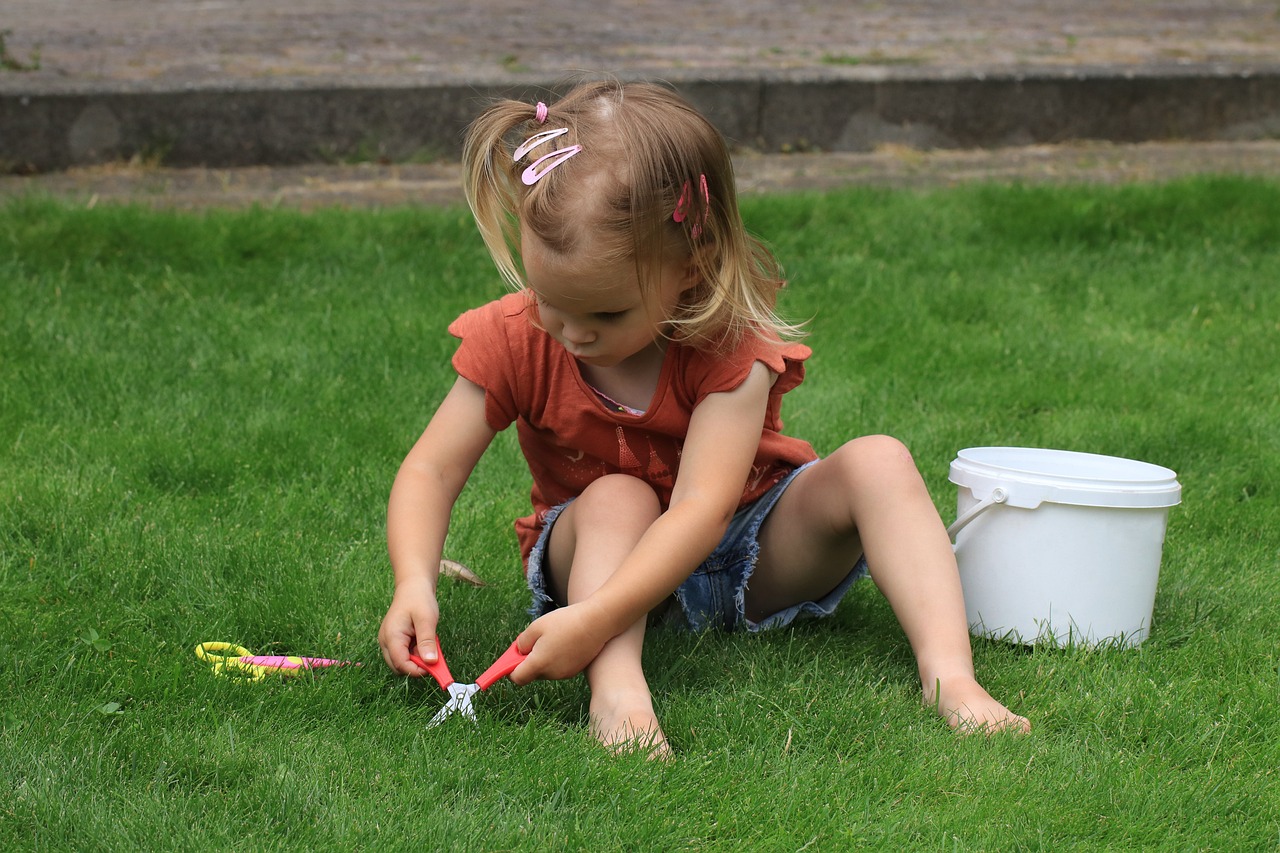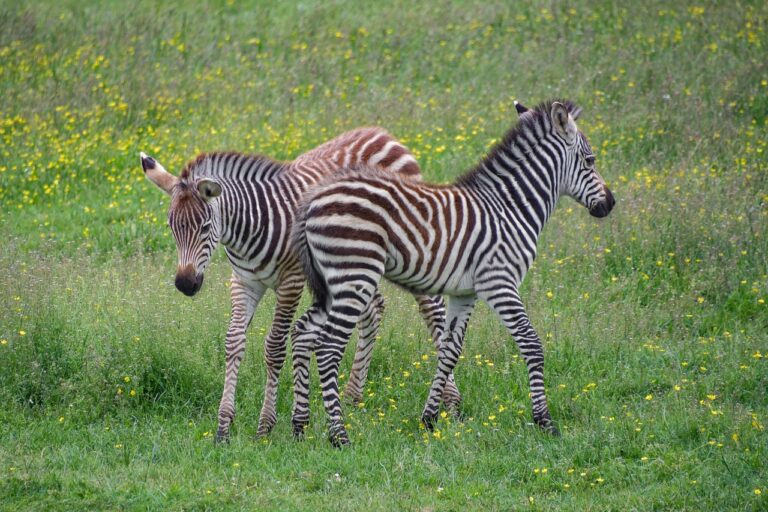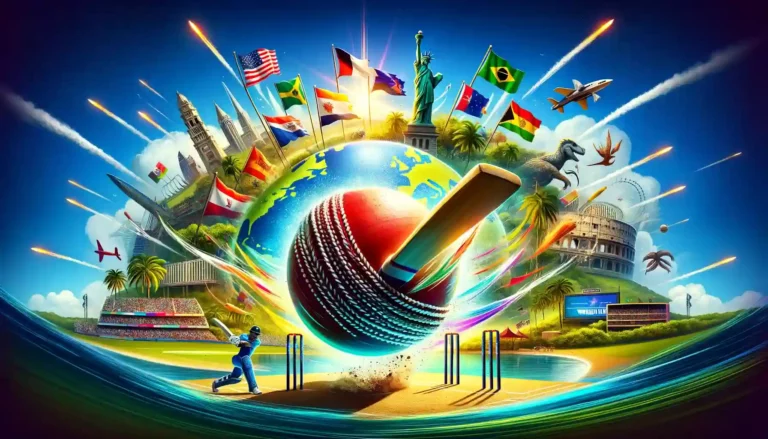Cricket and Indigenous Cultural Heritage Preservation: Traditional Knowledge: Allexchbet. Com, 99 exchange, Allpanel
allexchbet. com, 99 exchange, allpanel: Cricket and Indigenous Cultural Heritage Preservation: Traditional Knowledge
Cricket is not just a sport; it is a way of life for many cultures around the world. In recent years, there has been a growing recognition of the importance of preserving indigenous cultural heritage, including traditional knowledge related to sports like cricket. This article will explore the intersection of cricket and indigenous cultural heritage preservation, focusing on the role of traditional knowledge in shaping the game and the efforts being made to safeguard this knowledge for future generations.
The Role of Traditional Knowledge in Cricket
Cricket has a long history that dates back centuries, with origins in England before spreading to other parts of the world through colonization. As the sport evolved and adapted to different cultures, it incorporated elements of traditional knowledge from indigenous communities, shaping the way the game is played and understood today.
For example, in Australia, indigenous communities have long played a form of cricket that differs from the traditional English game. This form of cricket, known as “the sport of marngrook,” incorporates elements of traditional indigenous culture, such as storytelling and dance, into the game. By preserving and promoting this traditional knowledge, indigenous communities are able to maintain their cultural heritage while also contributing to the diversity of the sport.
Efforts to Preserve Traditional Knowledge
Recognizing the importance of traditional knowledge in shaping cricket and other aspects of indigenous culture, there have been several initiatives aimed at preserving and promoting this knowledge. For example, the International Cricket Council (ICC) has partnered with indigenous organizations to create programs that support indigenous cricket players and celebrate their cultural heritage.
In addition, local organizations and communities have been working to document and safeguard traditional knowledge related to cricket. This includes recording oral histories, collecting artifacts, and collaborating with indigenous elders to ensure that this knowledge is passed down to future generations.
FAQs
1. Why is it important to preserve traditional knowledge related to cricket?
Preserving traditional knowledge related to cricket is essential for maintaining the cultural identity of indigenous communities and ensuring the diversity of the sport.
2. How can I support efforts to preserve traditional knowledge in cricket?
You can support these efforts by learning about indigenous cultures, participating in cultural exchange programs, and advocating for the inclusion of indigenous voices in the cricket community.
3. What are some examples of traditional knowledge in cricket?
Examples include unique playing styles, ceremonial practices, and storytelling traditions that have been passed down through generations.
In conclusion, the preservation of indigenous cultural heritage, including traditional knowledge related to cricket, is vital for maintaining the diversity and richness of the sport. By recognizing and celebrating the contributions of indigenous communities, we can ensure that cricket continues to evolve as a truly global game.







